How Does Your Baby’s Sense of Touch Develop?
- When Does Your Baby’s Sense of Touch Start Developing
- How Touch Helps In Your Baby’s Development
- Development of Touch in Your Newborn– The First Three Months
- How You Can Help Develop Your Baby’s Sense of Touch
Touch is one of the most important and also among the earliest sensations for your baby. Remember the bliss you feel when you hold, on to and cuddle your baby in your arms? Your baby loves this contact too! And it is all through the rapidly developing sense of touch…
You must have observed that babies love the feeling of touch. Many infants love to be held, cuddled and touched, as well as enjoy touching random things around them. Why is that and how does this sensation develop with time?
When Does Your Baby’s Sense of Touch Start Developing
As early as seven to eight weeks of pregnancy! In fact, your baby starts exploring his world (then, your womb) around the eleventh week of pregnancy. When he arrives into your world, he brings with him these early sensations. His skin has some especially sensitive areas, including the cheeks, hands and soles of the feet. These are great to get the skin-to-skin contact started!
How Touch Helps In Your Baby’s Development
- Not only is touching blissful for mom and baby, it also serves a number of other benefits:
- It helps build a stronger bond between your baby and you. Touch reassures your baby that she is safe and protected.
- It is also a brilliant way to trigger the grasp reflex in your child. Try this: stroke your baby’s palm for a while. She will curl her fingers around yours and grasp them! This kickstarts motor skills development later in life.
- Close skin-to-skin contact, or kangaroo care, has been proven to improve your baby’s breathing, sleep as well as her breastfeeding experience.
- Practising touch with your newborn also improves his rooting reflex, or using the mouth to explore the source. This helps her latch onto your nipple during breastfeeding, making the process smoother for you as well.
Development of Touch in Your Newborn– The First Three Months
Soon after birth, the grasping reflex can be seen in babies. She will grasp your fingers and hold onto them if you stroke the palm. Eventually, she will understand and start loving your touch when you feed her, take care of her, and hold her. In fact, she may even start responding to tickling!
The mouth plays a key role in your baby’s foray with touch as it is one of his most sensitive body parts. This is evident in the rooting reflex which she uses while feeding. She may also put things in her month and also start reaching out for them with her hands.
How You Can Help Develop Your Baby’s Sense of Touch
Aside from being a great tool for bonding and development, touch can also help you out as a mom. It is great for soothing and comforting your baby. Try out these ideas to develop this sense in him:
- If your baby is crying, try calming her by gently stroking the back. This sensation will instantly soothe them once they learn to associate the movement with your presence and comfort.
- Make sure you hold, rock and carry your baby around often through the day. This helps them get exposed and familiar to your touch.
- Give your baby a gentle massage by stroking her arms and legs. This stimulates her muscular development as well as improves your bond with her.
- Introduce your baby to a variety of touch-based and sensory toys. These let her get used to different surfaces and textures– something that boosts her cognitive development. You can also do this with household objects, fabrics or even baby food!
Now that you understand just how vital the sense of touch is for your baby’s overall development, go ahead and spend some skin-to-skin time! Nothing like touch to bolster your relationship with your darling and assure him that Mamma is always there for him. What’s even better, touch has been shown to oxytocin levels in the parents, thus making you happier and less stressed. Double whammy, right?
Was This Article Helpful?
Parenting is a huge responsibility, for you as a caregiver, but also for us as a parenting content platform. We understand that and take our responsibility of creating credible content seriously. FirstCry Parenting articles are written and published only after extensive research using factually sound references to deliver quality content that is accurate, validated by experts, and completely reliable. To understand how we go about creating content that is credible, read our editorial policy here.






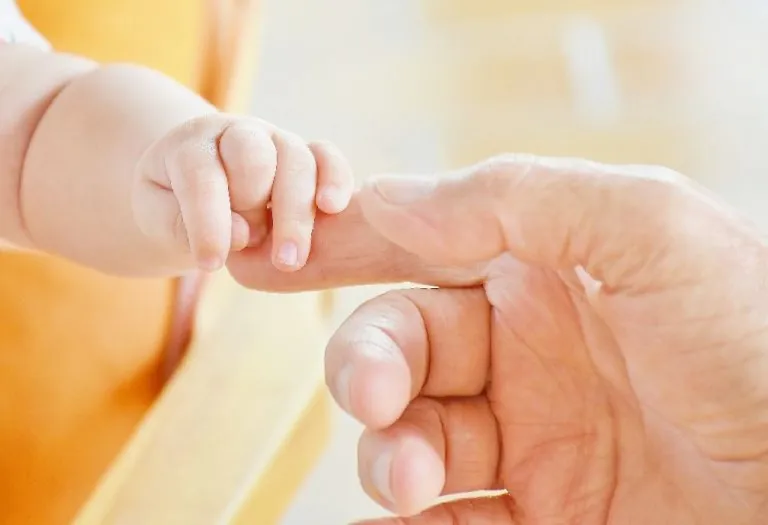
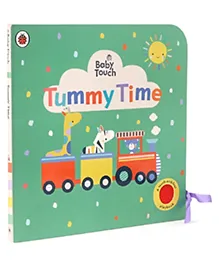
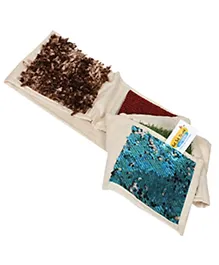
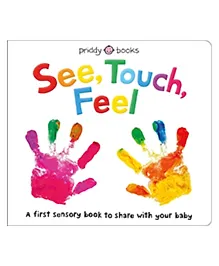
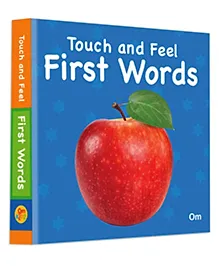







.svg)


















